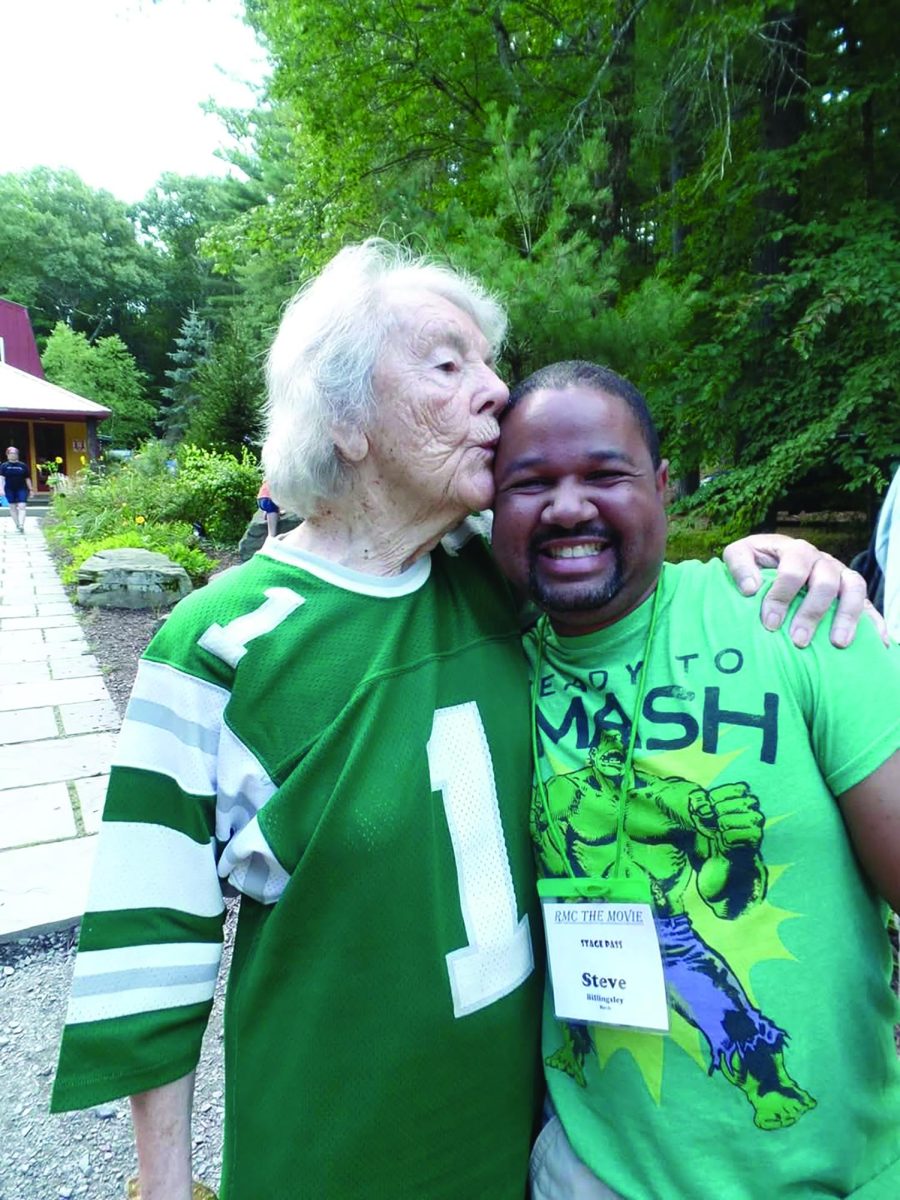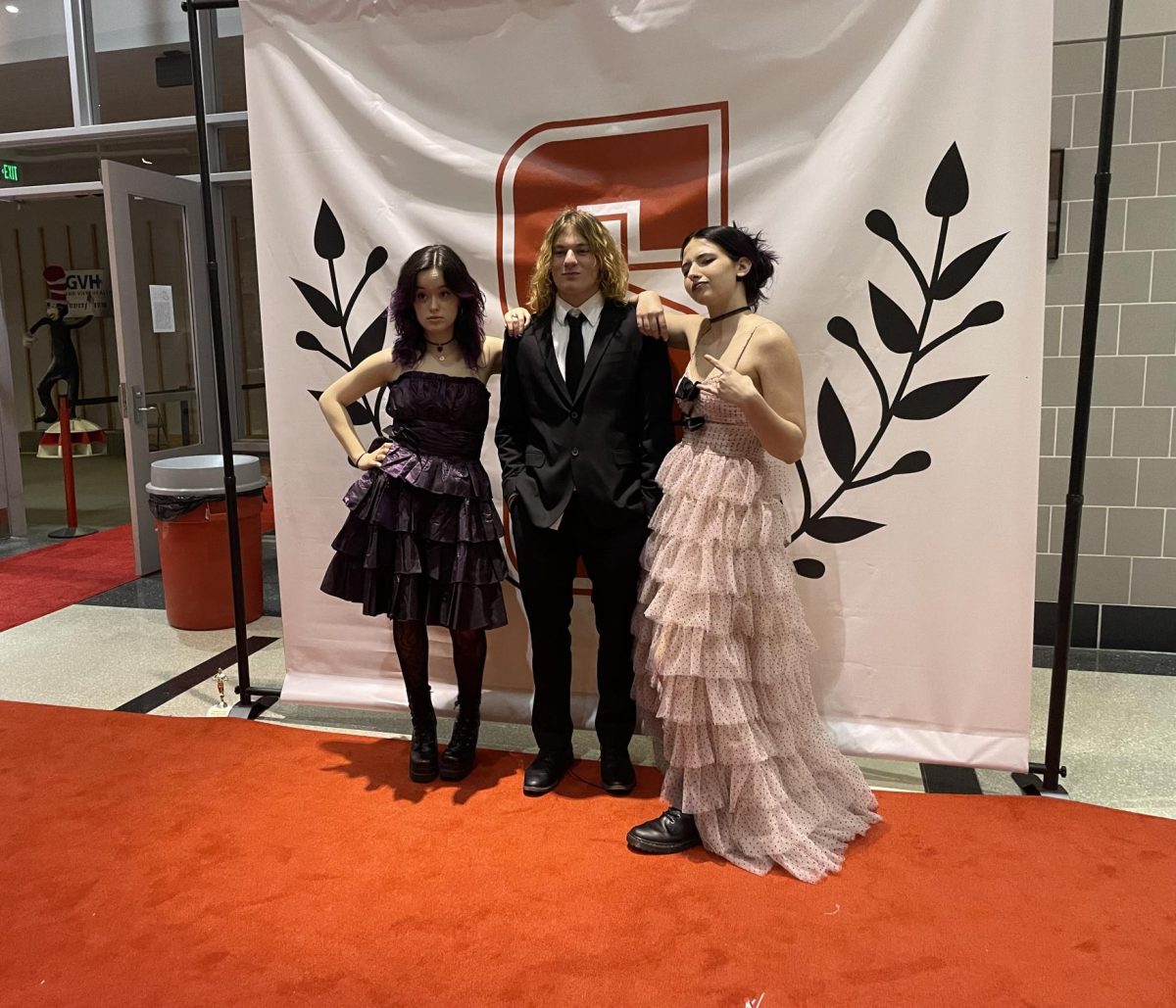Directors may have their own style, but the ones who can get an average movie-goer to notice what movie is theirs and what movies are not, have a vision and direction style they have built over many years.
Take Guy Ritchie for example. He uses quick, choppy (but fluent) dialogue, chase scenes, exposition that makes sense, and a lot of British accents (the good and the bad).
That may sound like an average British action movie, but when you compare one of his movies, take “Sherlock Holmes”, starring Robert Downey Jr. and Jude Law, for example and compare it to another British action movie like “Skyfall”, directed by Sam Mendes and starring Daniel Craig, you will be able to immediately tell which one was Ritchie’s and which one was Mendes’.
Edgar Wright has a similar style to Ritchie, but is much more playful with realism and humor. While most of Ritchies’ movies have humor in them, it’s not necessarily labeled as a comedy. Wrights, on the other hand, was written as a comedy so is portrayed as a comedy.
Edgar Wright’s most widely known films are the “Cornetto Trilogy” (“Shaun of the dead,” “Hot Fuzz” and “The World’s End”, all starring Simon Pegg and Nick Frost who are frequent collaborators with Wright) and “Scott Pilgrim vs. The World, starring Micheal Cera. He has built his career around movies written for comedy, but still has an underlying theme of seriousness in silly situations.
Christopher Nolan on the other hand is the complete opposite of both of these directors. Nolan’s films are long camera takes with exposition that doesn’t really make sense, but also makes sense at the same time. They are long, but not drawn out, and are thought through until the end of production. Every little detail is there for a reason and nothing is randomly placed down on a table and called a prop. He does not put just anything into his films, but means for it to be there for one reason or another. It could either be a very small subplot for the character or be a significant piece of the plot that viewers missed on their first time watching the film.
These three directors all have their own unique style that are identifiable by so many people. But, after these icons leave the spotlight, will new younger directors come in with a vision and direction style or will they continue to make the mediocre movies made by average film directors?
Can Hollywood rebound and become the groundbreaking filmmakers they once were?
Or will the unique twist and styles of directors be forgotten; an art of the past, merely writing in a history museum?
Directors’ styles influence future generations
Many directors in the world of Hollywood right now have their own style, but will the art of individualizing pieces with a signature camera movement or style of dialogue disappear with directors like Guy Ritchie, Edgar Wright and Christopher Nolan?
0
More to Discover
About the Contributor

Jackson Self, Entertainment Editor






